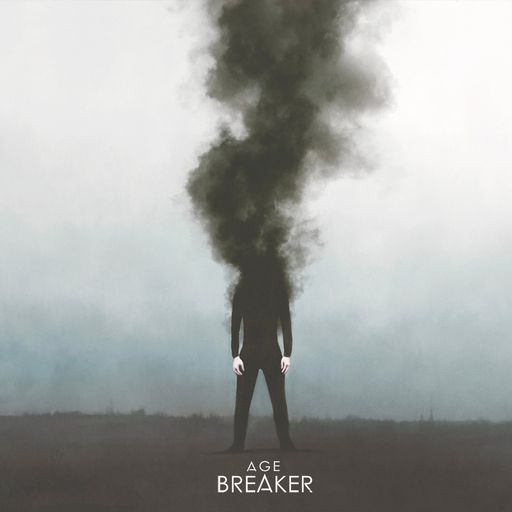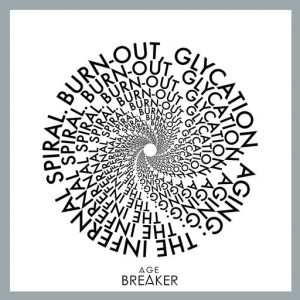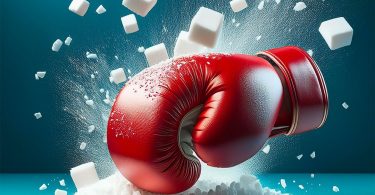Burn-out leads to an increase in metabolic syndromes and an uncontrollable acceleration of aging.
Described for the first time in the early 1970s, burn-out, literally “getting burned out” or professional exhaustion syndrome, is increasingly common in Western societies. Its rate among French doctors is estimated at between 40 and 50% (1).
The causes of burn-out are multiple: stress, despair, somatization, perceived poor state of health… Recent discovery: burn-out and insomnia appear to be risk factors for each other (2).
Several studies show that burn-out leads significantly to an increase in cases of metabolic syndromes.
A study conducted in Taiwan among groups of nurses showed, among the different markers of metabolic syndrome, that a high value of glycated haemoglobin was significantly associated with the exhaustion of nurses (3).
Other studies confirm the correlation between the level of emotional exhaustion and glycated haemoglobin levels (4).
All of these studies confirm the observations that stress is an accelerator of glycation, itself a major cause of aging.
The recognition and management of burn-out are still in their infancy. But these latest discoveries should make it possible to improve prevention and intervention programs to promote better sleep, reduce burn-out and its cascade of consequences on aging.
© AGE Breaker updated 05 2023
[Glycation is one of the major causes of aging. Resulting from the fixation of sugars on the proteins constituting the organism, glycation generates toxic compounds that cause cellular aging. Glycation is particularly involved in metabolic disorders, skin aging and cognitive decline.] [AGE BREAKER, patented nutritional supplements, based on rosmarinic acid, recognized by aging specialists around the world for their properties to reverse the effects of glycation.]More on www.agebreaker.com
#agebreaker #glycation #antiaging #longevitymedicine #preventivemedicine #preventivehealth #skinaging #4pmedicine #advancedglycationendproducts
1 : G. Shadili et Al. Burn out des médecins et autres praticiens hospitaliers. L’information psychiatrique 2018/1 (Volume 94) https://doi.org/10.1684/ipe.2018.1735
2 : P. Höglund et Al. Risk factors for insomnia and burnout: A longitudinal population-based cohort study. Stress and Health 01 2023. https://doi.org/10.1002/smi.3218
3: Meng-Ting Tsou et Al. Burnout and metabolic syndrome among different departments of medical centre nurses in Taiwan-Cross-sectional study and biomarker research. J Occup Health. 2021 Jan-Dec; 63(1): e12188. Published online 2021 Jan 19. Doi: 10.1002/1348-9585.12188
4: T. I. Deneva et Al. Evaluation of Anxiety, Depression, and Biological Markers in Health Professionals with Burnout. Folia Med (Plovdiv). 2021 Feb 28;63(1):122-128. Doi: 10.3897/folmed.63.e55151.










